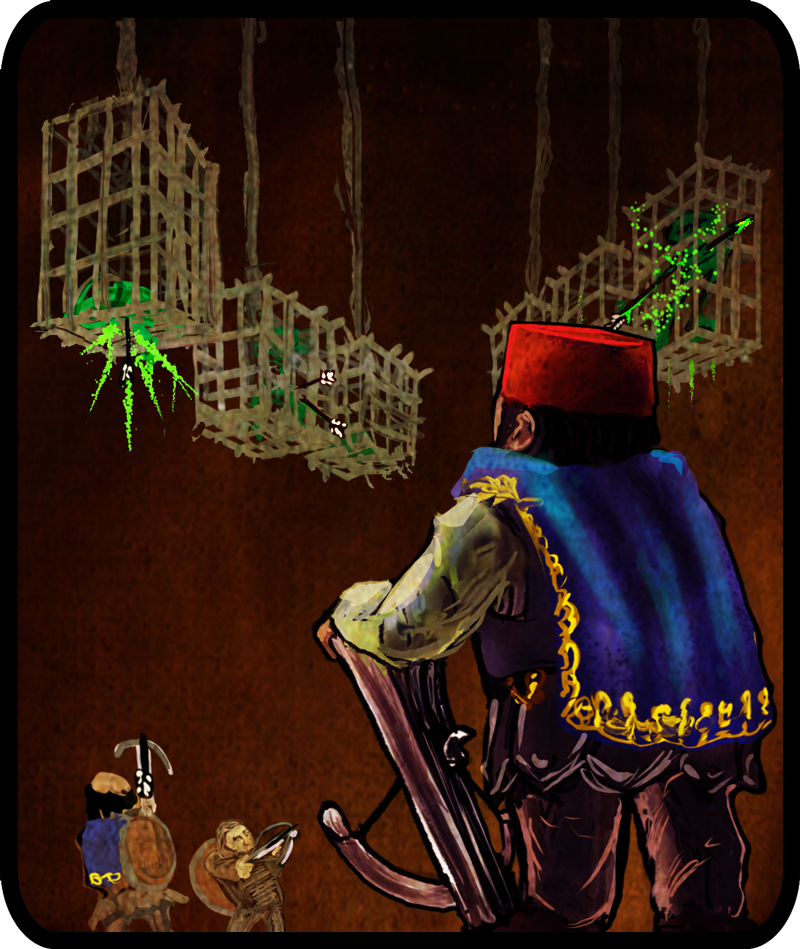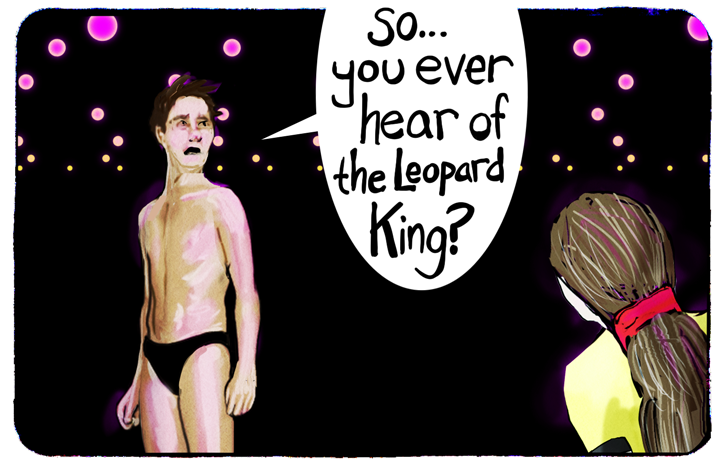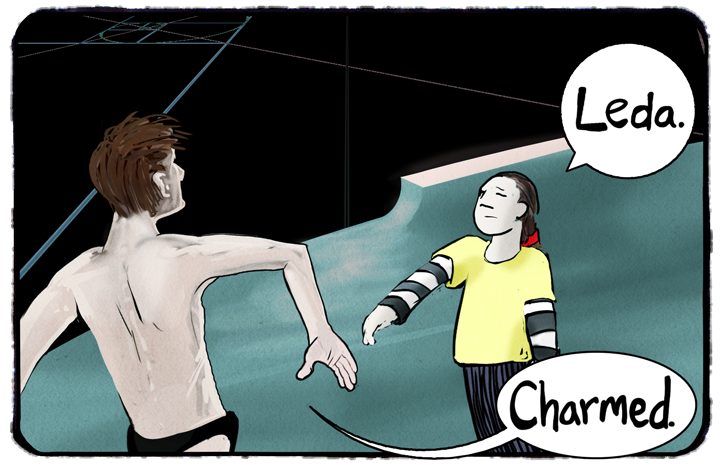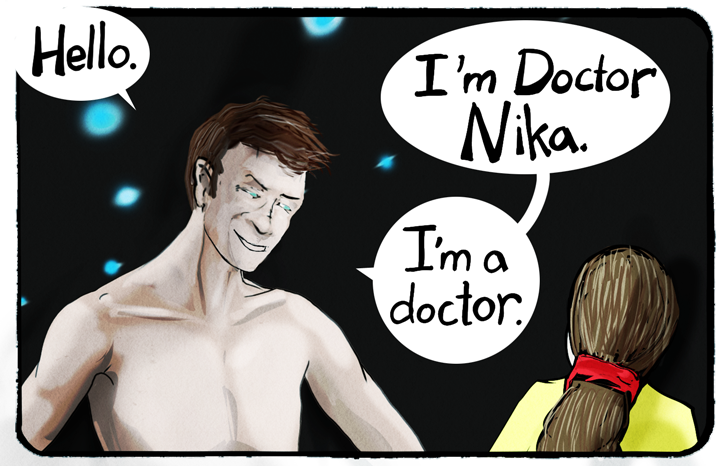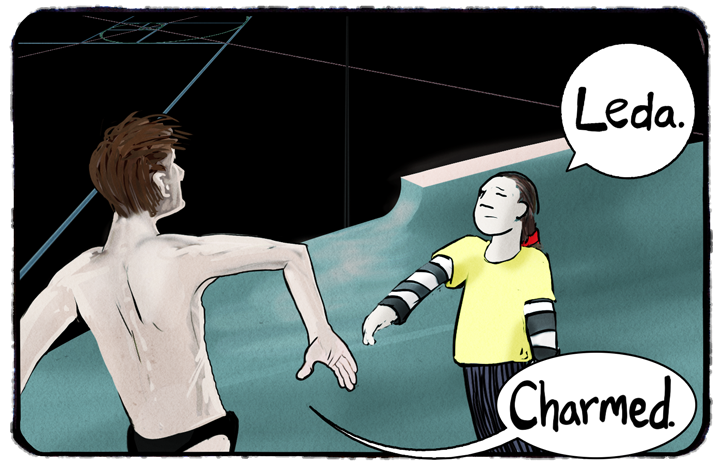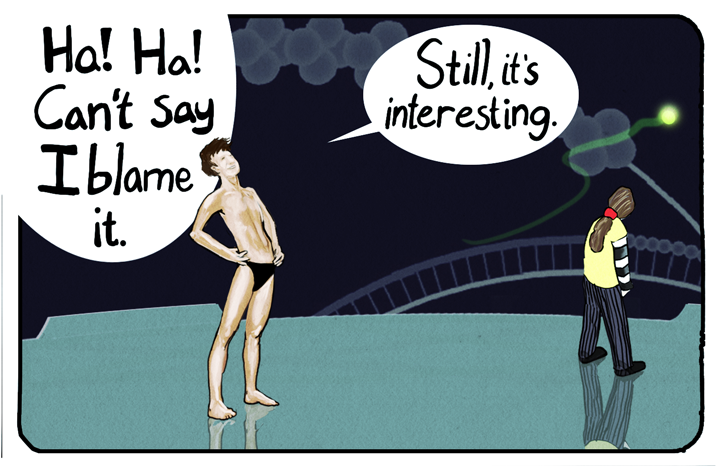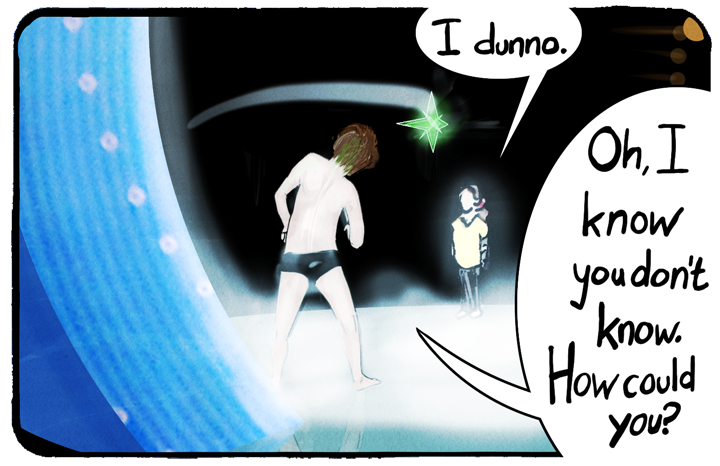I never meant to study the (pre-)Civil War for two years straight, it just happened.
Now that it has, I’m starting to find virtues to sustained study of one part of history. We talk of things in abstractions because we have no choice — I can say “Minnesota is nice, maybe *too* nice,” and people act like there’s a thing called Minnesota, it can be nice, it can be too nice, and that there are even “people” I’m talking to. I’m really only talking to you, but I don’t even know who you are when you read this.
History’s a crowd of voices. Frederick Douglass can only tell you what things were like in one very small region in a forgotten section of Maryland for the 1830s and 1840s, he was gone by the 1850s. Abraham Lincoln saw the slaves sold at Cheapside in Lexington in the 1840s, and those slaves weren’t sold for cotton. Benjamin Hill knew what it was like to be a rich white guy in Atlanta in 1860, but he didn’t know what it was like to be poor, not white, or not a guy — and he didn’t believe those people had a right to a voice. Harriet Jacobs could have told him all about what it was like to be an enslaved black woman, but she couldn’t tell him what Atlanta was like in 1860 — she escaped to the north ten years before, and anyway she spent most of her life in a coastal crook of North Carolina.
When you read enough on one subject, you begin to incorporate the voices. I don’t have to judge a book by strict standards of what happened or didn’t happen any more, because I’ve got a fairly good idea what happened and I can tell when the author doesn’t know what they’re talking about. It’s fine if they don’t know what they were talking about; that’s authentic. There were people alive in 1860 who didn’t have a clue what they were talking about either.
Benjamin Hill, I’m looking at you here.
But time has leavened it all out to one dull roar, and by consuming as many different voices as you can, you obtain a sort of chorus. It feels like it contains some truth. Maybe it does, maybe it doesn’t. But it certainly contains effort.
